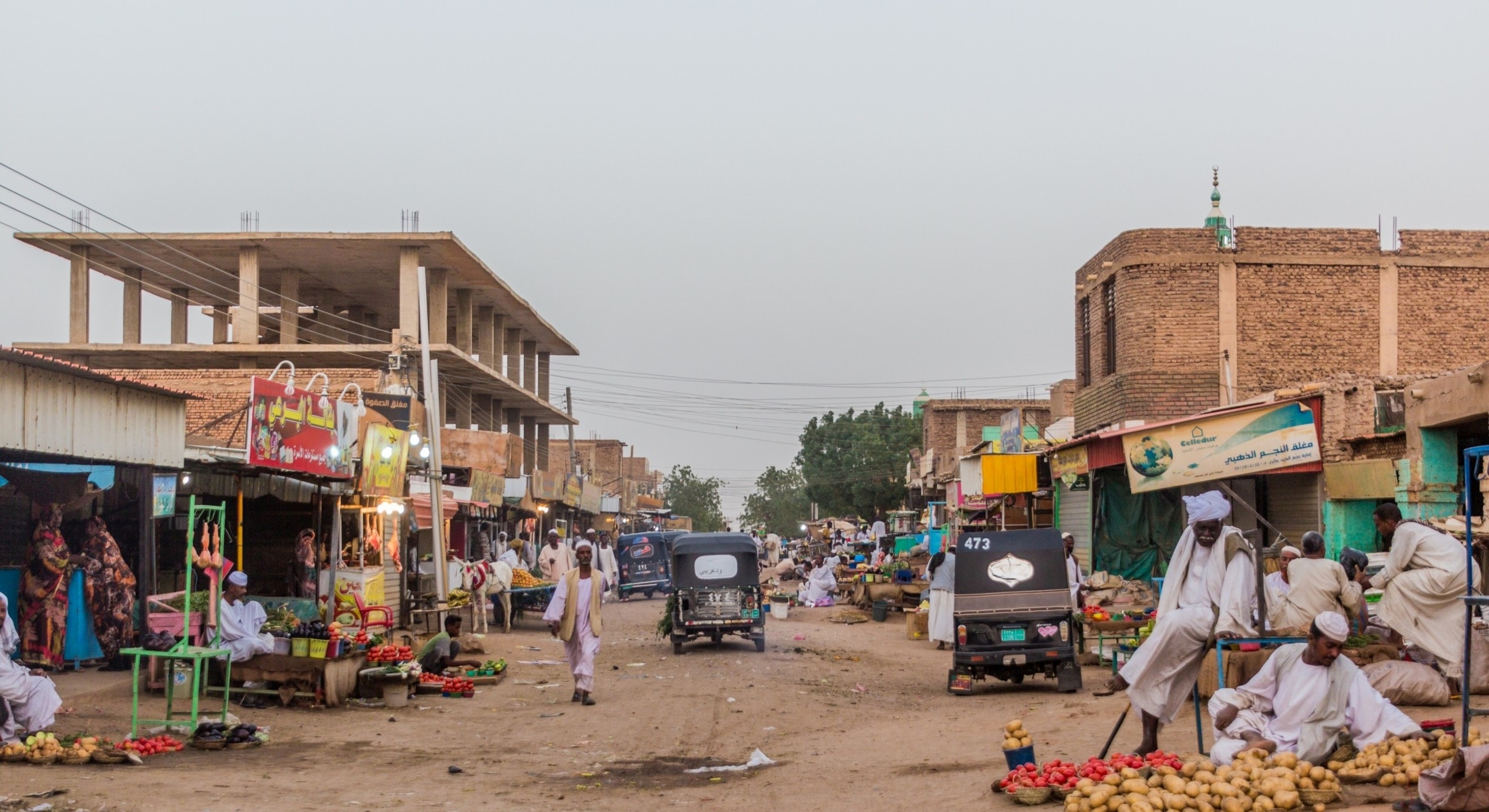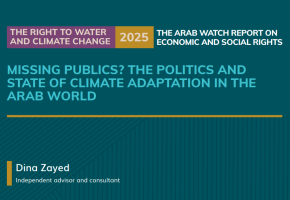
Social Protection in the Shadow of War in Sudan: Challenges and Opportunities - Dr. Ihsan Babaker
Social Protection in the Shadow of War in Sudan: Challenges and Opportunities - Dr. Ihsan Babaker
Social
protection is fundamental to achieving social justice and sustainable
development in any country. With the outbreak of war in Sudan, the social
protection systems were crucial as a tool to alleviate the suffering of the
most vulnerable groups in light of severe economic and security crises. But
what are the challenges facing social protection in Sudan in the shadow of war?
And what are the opportunities available to strengthen these systems?
Social Protection in Sudan Before the War
Before
the outbreak of war in April 2023, social protection systems in Sudan suffered
from structural weakness due to long years of economic and political crises.
Despite efforts to implement programs such as direct cash support and
subsidized food programs, lack of funding, weak infrastructure, and heavy
reliance on foreign aid limited these programs' impact and ability to respond
to growing needs.
As
the conflict escalated, social protection systems in Sudan witnessed a
significant deterioration due to the following reasons:
- Disruption of government
institutions: The war led to the paralysis of state institutions,
including ministries concerned with providing social protection services,
such as the Ministry of Social Development, the Zakat Office, the Pension
Fund, and others.
- Displacement and forced
displacement: Millions of Sudanese were displaced from their homes,
increasing the demand for humanitarian assistance and social services in
displacement areas and temporary shelters.
- Economic crisis: The war
led to the collapse of the local currency and high inflation rates. Thus,
even with government support, the poor could not meet their basic needs.
- Disruption of international funding: Social protection programs in Sudan rely heavily on international aid. As security deteriorated, donors and international organizations found it more difficult to access affected areas.
Humanitarian Organizations and Civil Society
As
the state declined, humanitarian and civil society organizations played a
pivotal role in bridging the gap. They provided cash support, food relief, and
health services to those in need. The most prominent interventions include:
- Emergency Cash Support: Many
international organizations, in partnership with local organizations such
as Nidaa and Emergency Rooms, provided cash assistance programs, including
cash transfer projects, group cash transfers, and multi-purpose cash
transfers, to help families and communities cope with the effects of war.
- Food security programs: Food
distribution programs were established in displacement areas, focusing on
children and pregnant women.
- Psychological and social support: Some
local initiatives aim to mitigate trauma by providing psychological and
social support to displaced persons.
Opportunities to Enhance Social Protection Amid War
Despite
the significant challenges, there are still opportunities to improve social
protection systems in Sudan, even amid war:
- Strengthening international
partnerships: Cooperation with international organizations can be
expanded to secure sustainable funding and provide technical support to
develop social protection programs.
- Using technology: Technology
can be used to provide cash support and improve beneficiary registration
processes through digital systems that facilitate access to those in need.
- Empowering local
communities: The role of community initiatives can be enhanced to
provide support at the local level, especially in hard-to-reach areas.
- Targeted programs for the most
vulnerable groups: Social protection programs should focus on women,
children, and people with disabilities who bear the brunt of conflict.
Conclusion
Social protection remains a key tool for mitigating the effects of war in Sudan. However, achieving it requires concerted government, international organizations, and civil society efforts. Despite the enormous challenges facing these systems, leveraging available opportunities and innovating in service delivery can help reduce the suffering of millions of Sudanese and achieve social stability amid the crisis.
Recent publications

